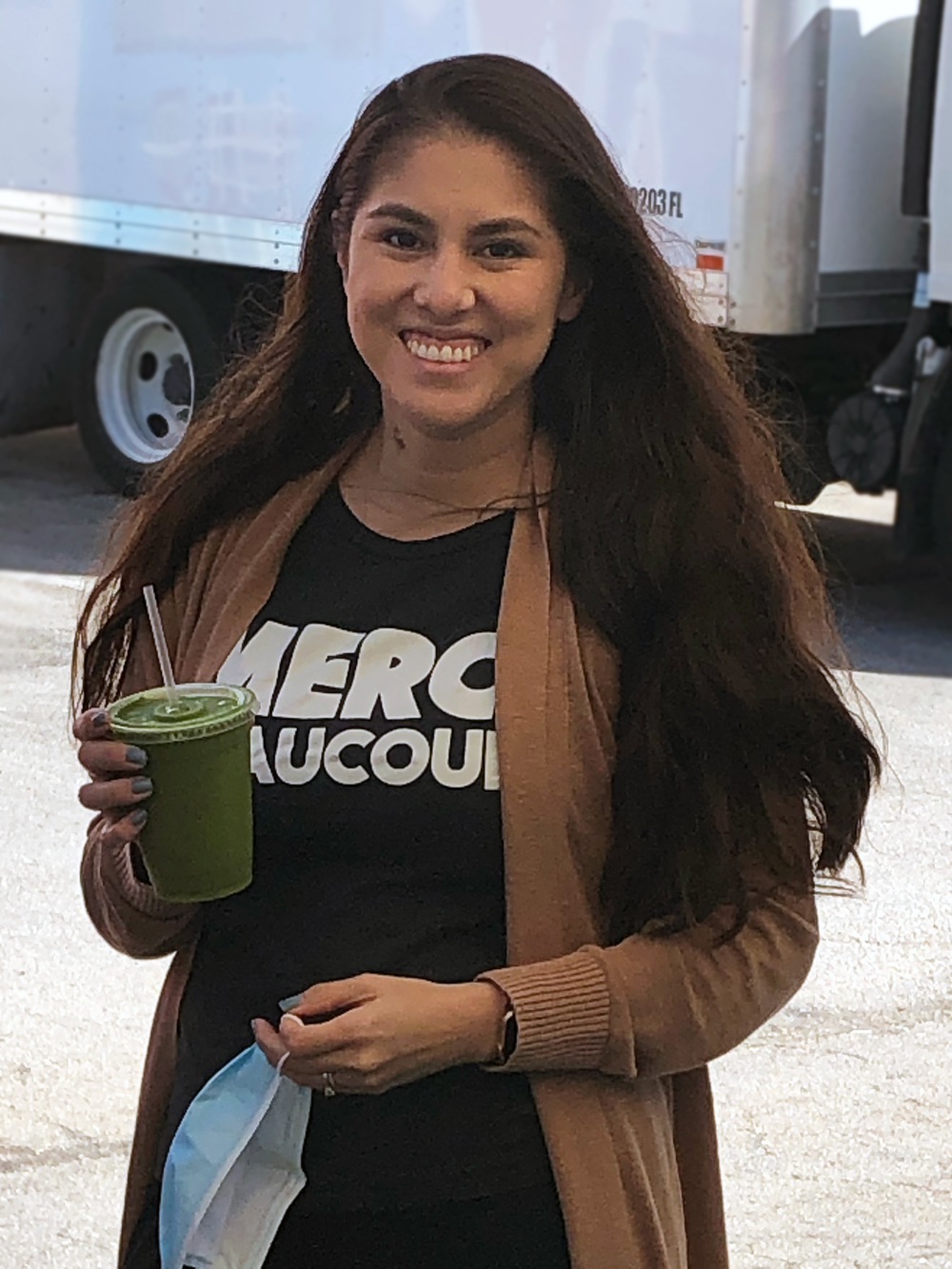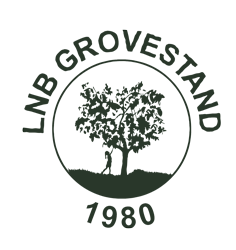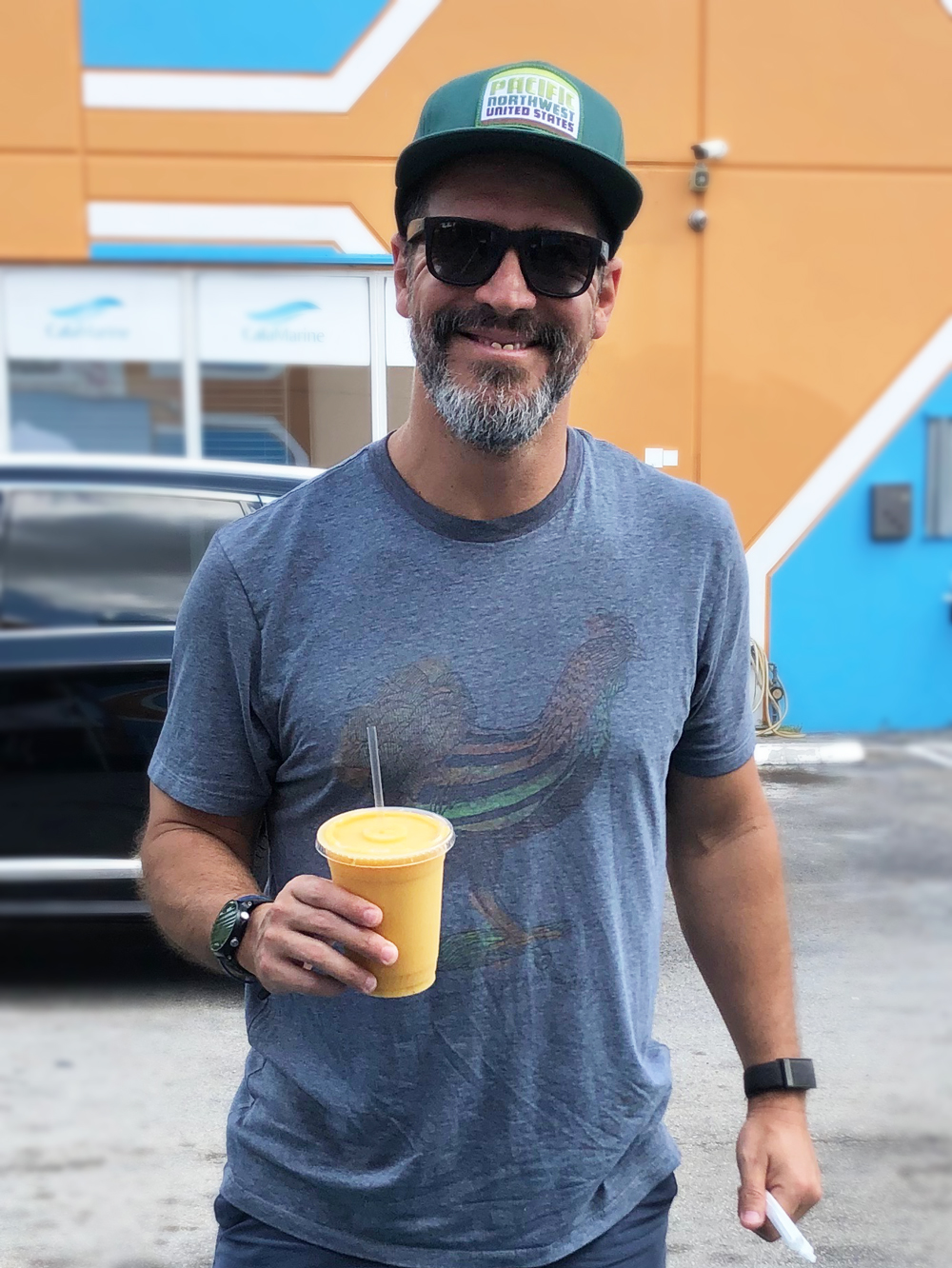
Sandra
Name:
Sandra
In what part of town do you live?
We live on the West side of US1, close to the Falls.
How long have you lived in this area?
My husband’s been here all his life, Miami born and raised. I was born in Ecuador and came here in 1990. We bought this house about six years ago and prior to that we were closer to Country Walk.
Would you tell us a little bit about your family?
We have two boys, Oliver and Henry. They’re ten and eight years old. Then we have Madeline. Maddie was born four months ago, so she was a pandemic pregnancy and a pandemic baby.
What a typical week like for you?
My husband and I both work from home. He works in utilities and I work in tech. We actually just sent the kids back to school last Monday. Prior to that, our weeks were virtual school here. Both of my boys are neuro-diverse. One of them is ADHD and the other one is on the autism spectrum. The younger one, who’s on the spectrum, was starting to regress, and it had been 337 days that they had been home. We said, ‘now that your grandparents are vaccinated and there are safety protocols, it’s time for you guys to go back to school.’
What do you do in tech?
I’m a product manager. I’m responsible for a roadmap and understanding the requests and demands of all of our stakeholders, and producing something that is going to help the customer and the employee experience.
What did you study that led you into this field?
I studied finance. When I was going to school, I didn’t know what I wanted to be when I grew up. I still don’t. Finance was the backbone of everything. If you want to open up your own business, you need to understand accounting and finance and principles. I started working in an office and eventually my niche became payroll. I was not like, ‘Oh my God, I want to be a payroll manager.’ It was more, ‘I feel bad for this customer,’ whether my customer was an internal employee or an actual customer on the phone. My passion started to shift to more of a customer experience and thinking about what is the customer is feeling, and how can I influence that? It ended up landing me as a product manager, driving the customer experience.
How have those skills influenced your home life or vice versa?
That’s a good question. The job has helped me with escalation management at home. What I do with road mapping, handling, and aligning stakeholders and escalation management is trying to keep the peace. But, I bring more of my life with my kids and my whole life into the job than the job into my life. We have a limited number of resources in my job and there’s a lot of pressure. At work, you put yourself in a spot where you can say, this thing that I’m dealing with is not the end of the world. It might feel like the end of the world and I can bring that perspective.
What have you learned from your kids?
I think resilience more than anything. They have something about them that unfortunately you lose the older you get. It’s just this belief that if they try hard enough, they will get what it is that they want. Whether that’s a good thing or a bad thing, that persistence and grit, I hope they never lose that.
You’re active on Instagram, posting often about your daily activities. What motivates you to post?
I’m very active on Instagram stories; I don’t post too much on Instagram itself. I love the fleeting nature of a 24-hour story. I love the fact that you can show a glimpse of your life and somebody may have caught it, or maybe not. I don’t have a huge following, but it’s funny when I go somewhere and someone I don’t talk or text with is like, ‘oh my gosh, how’s X, Y, and Z?’ In a weird way, we all want to belong somewhere. That’s what I get out of it. It’s an outlet, kind of like my dear diary. I find a sense of belonging and community.
Who are you thinking of when you’re writing a post?
I don’t write to a specific person. I guess the cohort of people that follow me are probably around 30 to 40 years old, mostly female. I think that’s who I’m writing to.
What other Instagram resources have you found for you or your kids that you might share?
For Maddie, there’s an Instagram handle Kinedu. It’s almost like occupational therapy, like what should your child be doing as this milestone. It’s not like, ‘What to expect when you’re expecting.’ It’s not about your age. It’s about specific skills that you should be targeting.
Henry has a lot of difficulties with food. ‘Kids eat in Color‘ is a really good handle that shares how to talk to your child about how to eat. Because, Henry has had challenges his whole life about eating, it’s something that gives me an idea like saying, ‘it’s not a carrot. They’re x-ray vision carrots.’ Sometimes little things like that don’t come naturally.
There’s a really good handle called nutritionfacts.org. They tell you which studies were funded by pharmaceuticals or by an agricultural committee. It really brings truth and transparency to something that we don’t really think about.
Another is Dr. Becky at Home. I try and use some of the feedback from there on how to engage with your children. I always try to be a better mom and make that effort and do the research and bring that into my day to day.
You’ve you followed us from the market to the pop-up at our house to our drive-thru in Kendall. What are you coming for? What’s the experience like?
Oh my God, the smile. I have a picture of Adena three years ago when we would go to the farmer’s market all the time with that smile and just the way that your entire family was there. I can make a smoothie at home, or go to Smoothie King, but there’s a difference. I am obsessed with the customer experience and the way that your stand feels. It can’t be packaged in a store. And, supporting local businesses and small businesses is like you’re doing better for the world. It’s a responsibility that I feel. At your stand, you know what you’re going to have is made out of purpose.
What are your favorite things to get?
OK, Timeout. That granola that you guys sold on Saturday was amazing! That was really good. My son does the Rainbow, I like the green smoothie. Then we always get the Turmeric shots. I just chug it.
What other local places have you found community?
I am a huge fan of Anecdote. Before the baby, I would go there every day. It was a lot of fun and there’s a lot of locals that go there.
Do you have any favorite restaurants to recommend?
Yeah. Before COVID we would go to Chef Adrianne’s and Cracked, which is another one of her restaurants. Apizza Brooklyn is one of our favorites as well. We would go to the Brick every week before COVID. We really don’t go out very much, especially with the baby now. I can’t wait to go back to the restaurants and eating food the way that it was supposed to be plated.
Where would you go for a special occasion?
Red Fish Grill
What’s Miami’s best kept secret?
Camp Owaissa Bauer. There are caves that you can climb in. My husband went camping this weekend and they went down to Homestead, and there are caves. I didn’t even know that that existed. The boys had a really good time and they didn’t have to drive too far.
What for you is a worthy splurge?
A blowout. It’s a worthy splurge and you’re in a good mood for the next three days. I wish I could do it, but because of COVID I, I don’t. If it’s a food answer, a good splurge would be the ‘passion fruit sangria’ at Chef Adrianne’s restaurants.
What community groups, events, or philanthropic groups are important to you and your family that you might like to promote or share?
We volunteered at Feeding South Florida. That’s important to me. And then my friend, has an organization called the Lucy Project, helping children that are not able to get resources for dyslexia. It’s a local cause. When they’re doing fundraisers, I try and promote and make sure that people are aware. In an underserved neighborhood, it’s very likely that the child won’t be diagnosed with dyslexia and suffers academically. That sets them up on a path that is very hard to get off.
Is there anything you’re working on that you would like to pitch or share?
I don’t have an idea really of how to do it yet, but as I mentioned with Henry, we’ve had to teach him in our own way, how to not be afraid of food. Eventually, I would like to share some type of method that people can understand. I’ve done a lot of self-training in negotiation skills, literally FBI negotiation style, to be able to break through that barrier. Now, I’ve gone to a place where I can introduce the food and within seven days he’s gone from screaming at me, to look mom, ‘I just ate a blueberry.’ I want to package that at some point.
What were the key takeaways that you’ve learned about negotiation?
It’s a lot more about listening and a lot more about what’s called labeling. It’s a lot more about repeating what the other person is telling you. If Henry’s like, ‘I don’t want to eat it.’ Then it becomes, ‘oh, you don’t want to eat it?’ Then he’ll say, ‘I know I don’t want to eat it because’ – and then it’s just kind of like a mind play of like how many times we go back and forth until eventually he will open up and tell me more.
Do you have any words of advice or a challenge that you would like to pose to the community?
We tend to put things off. Like we tend to think like, I’ll get to it. I’ll get to it. It accumulates, and when things accumulate – whether it’s physical, like you can actually see the books, or it’s in your brain reminding you that you didn’t do this thing, it can create this negative energy and it pains you. The challenge is pick the one thing that you haven’t done, that’s going to take you no more than 10 minutes, and just do it.
Is there a question that you would like to ask us?
(SE) What motivates you to do this newsletter? I imagine this is a lot of time. I can imagine it would be much easier to just have this recording as a podcast. Just throw it up and have people listen to it, but you take the time to transcribe and edit the call. What do you get out of doing the interview?
(W) I learn a lot. It’s one of my favorite things to do. I’ve made new friends and have connected with old friends. After an interview, we know each other so much better and our five minute conversations at the stand have more depth. When I was a kid, one of my dad’s lines was ‘you have something to learn from everyone.’ It is true. When people say, ‘I have nothing to share’ – those end up being the most interesting conversations.
(SE) I love it. I’m so glad you do this.
Is there anything I failed to ask that I should have?
(SE) Nobody’s going to know anything about my husband. Maybe you can hit him up next time?
(W+A) For sure. We look forward to it!
(SE) Thank you so much for reaching out to me and for making the time. I actually really, really, enjoyed it.
Related Posts
Leave a Reply Cancel reply
You must be logged in to post a comment.



